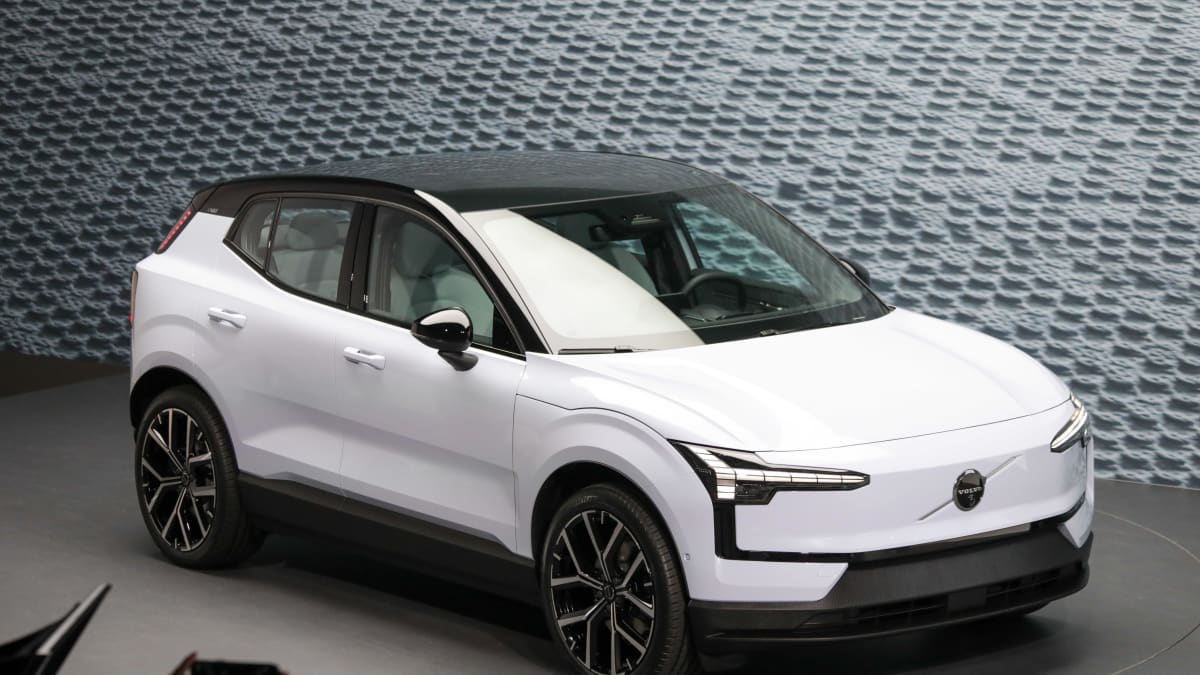Volvo drops its plan to exclusively sell electric vehicles by 2030

Volvo has abandoned its goal to produce only fully electric vehicles by 2030, now anticipating that it will also offer hybrid models by that time. The company cited shifting market conditions and a slowdown in demand for electric vehicles (EVs), compounded by trade tariffs on Chinese-made EVs, as reasons for the change.
Volvo, known for its environmental commitment, now plans for at least 90% of its output to consist of electric cars and plug-in hybrids by 2030. It may also introduce a limited number of mild hybrids—vehicles with minimal electrical assistance.
CEO Jim Rowan emphasized the company’s ongoing commitment to an electric future but acknowledged that the transition will be uneven, with varying customer and market responses. Factors such as the slow development of charging infrastructure and the removal of consumer incentives have also influenced this shift.
Independent analyst Anna McDonald noted that concerns about charging infrastructure, higher costs of EVs, and recent tariffs on Chinese-made EVs have contributed to reduced consumer enthusiasm. With EV registrations in the EU dropping nearly 11% in July and tariffs increasing production costs, Volvo’s plans have adjusted accordingly.
Volvo, which is majority-owned by China’s Geely and utilizes Chinese factories, will be impacted by tariffs on Chinese-made EVs. Similar tariff measures have been taken by Canada, the US, and the EU, with China rejecting these claims and labeling the tariffs as discriminatory.
Other major automakers, including Ford and General Motors, are also revising their EV strategies. Ford has recently canceled plans for a large electric SUV and delayed the launch of its next electric pickup truck, while General Motors has scaled back its EV production targets over the past year.






